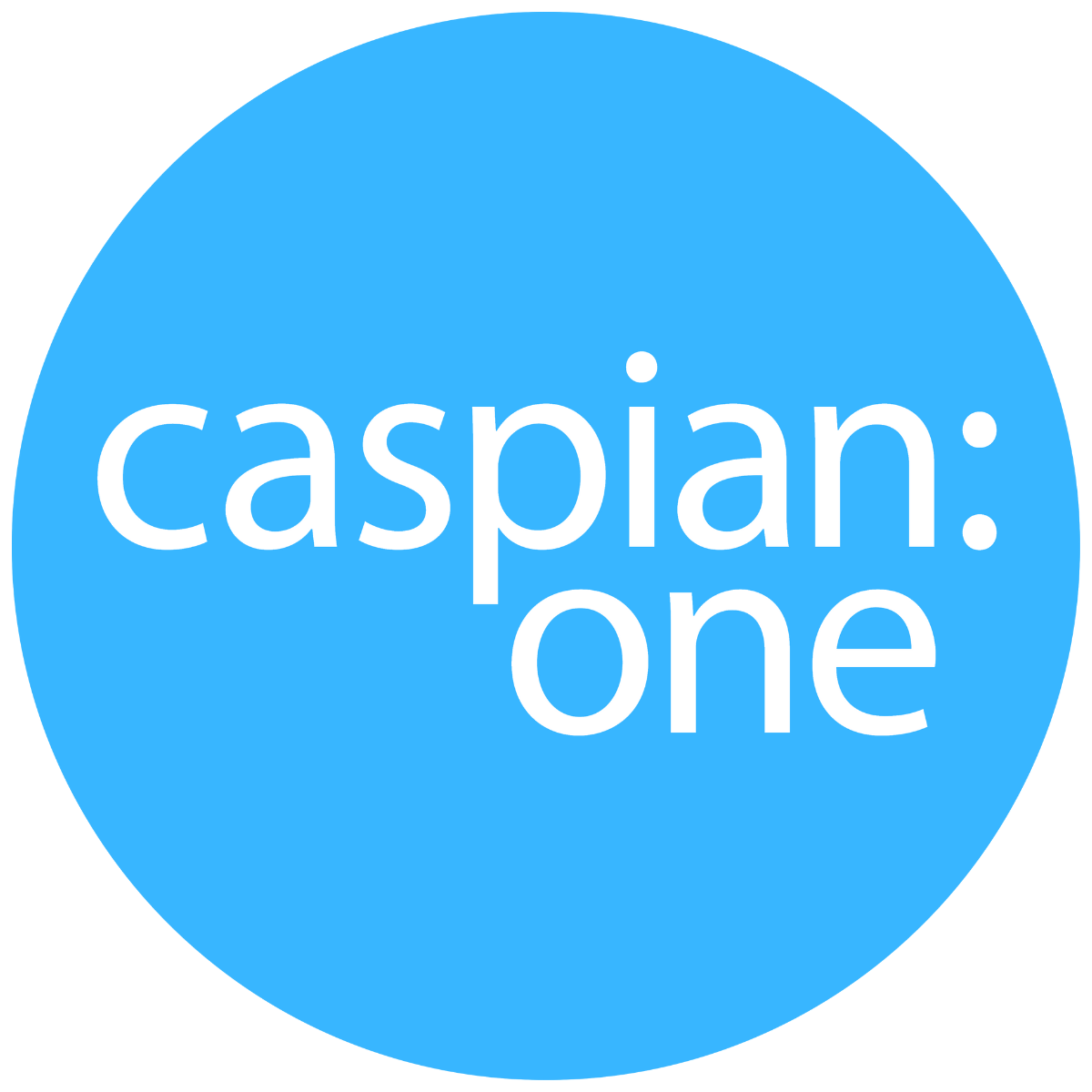Breaking into kdb: Exploring Career Pathways for New Developers
‘q’ might not be the first language you learn, but it could be the one that transforms your career. For graduates ready to dive into the fast-moving world of financial data, mastering kdb opens doors to high-impact roles across global markets.
Caspian One Team
hello@caspianone.co.uk
If you're a recent graduate with a background in computer science, mathematics, or a related field, you may have come across kdb - a high-performance time-series database used extensively in finance. But what exactly is kdb, and why is it such a valuable skill in today’s fintech landscape? This blog will walk you through what kdb is, why it matters, and how you can build a successful career working with it, even if you’re just starting out.
The Power of KDB in Fintech
kdb, paired with its programming language ‘q’, is a specialised database designed for handling massive volumes of time-series data. It’s particularly well-suited for financial environments where speed and precision are critical.
Real-World Applications
In the world of finance, data is everything, and it moves fast. kdb is used in environments where real-time decision-making is essential. For example, in high-frequency trading, firms rely on kdb to process market data in milliseconds, enabling them to execute trades faster than competitors.
In risk management, kdb helps calculate exposure across portfolios in real time, allowing firms to respond quickly to market changes. It’s also used in profit and loss (P&L) reporting, where traders and analysts need instant feedback on the performance of their positions.
Beyond trading desks, kdb is used by quantitative analysts who develop complex mathematical models to identify trading opportunities. These models often require processing vast datasets, and kdb’s speed and efficiency make it the ideal tool for the job.
Why Time-Series Performance Matters
What sets kdb apart is its ability to handle time-series data. This is data that is indexed in time order, such as stock prices, trade volumes, or sensor readings. In finance, this type of data is everywhere. kdb’s columnar, vertically-oriented storage model allows it to analyse vast numbers of rows in a single column almost instantly. This is a major advantage over traditional row-based databases, which can struggle with the volume and velocity of financial data.
This performance edge is why kdb is trusted by some of the world’s largest financial institutions, including investment banks, hedge funds, and trading firms. It’s also gaining traction in other sectors like defence, where real-time data processing is equally critical.
Typical Career Pathways with kdb
Most kdb developers begin with a degree in computer science, mathematics, or engineering. Some discover kdb through internships or graduate schemes, while others are introduced to it on the job during broader technology roles. Because kdb is a niche skill, many developers enter the field without prior experience and learn on the job or through structured training programs.
Many companies offer graduate programs that train developers in q and kdb, then place them on projects at major financial institutions. These consultancies act as a bridge between new talent and the demanding world of finance, providing both technical training and real-world experience.
Related Reading: Building Resilient Teams in the Face of Digital Transformation – Part 1: The People
kdb Career Progression
A typical career path in kdb development might look like this:
Junior Developer (1–3 years): At this stage, you’ll be learning the fundamentals of q and kdb, supporting senior developers, and contributing to smaller tasks within larger projects. You may be placed on-site at a bank or hedge fund through a consultancy.
Mid-Level Developer / Data Engineer (3–6 years): With a few years of experience, you’ll take on more responsibility - perhaps leading modules, optimising performance, or mentoring junior team members. You’ll likely be more involved in system design and client interaction.
Quant Developer / Technical Lead (6+ years): At this level, you’ll be designing and building large-scale systems, working closely with traders or analysts, and possibly managing teams. Some developers transition into leadership roles such as Director or CTO, while others become independent consultants.
Industries and EmployersLooking for kdb Experts
kdb skills are in demand across a range of industries, but especially in finance. Major employers include:
Investment Banks
Hedge Funds
Crypto Firms
Aerospace
Motorsport
Defence and Analytics
Geographically, kdb developers are needed in financial hubs like London, New York, Hong Kong, Singapore, and Toronto. There’s also growing demand in Ireland, Hungary, and other parts of Europe.
What You Don’t Need to Know (Yet)
No Finance Degree? No Problem.
One of the biggest misconceptions about kdb is that you need a finance degree or years of industry experience to get started. In reality, many junior roles are open to candidates with strong technical skills and a willingness to learn. Employers are often more interested in your problem-solving ability and logical thinking than your knowledge of financial markets.
Foundational Skills That Matter
To succeed in kdb, you don’t need to be an expert in finance but you do need a solid foundation in:
Programming: Familiarity with languages like Python, Java, or SQL is helpful. These skills make it easier to pick up q, which has its own syntax and logic.
Mathematics and Logic: A strong grasp of mathematical concepts and logical reasoning is essential, especially if you’re working with quantitative models.
Problem-Solving: kdb developers often work on complex systems that require creative solutions and attention to detail.
The most important technical skill is learning q, the language used with kdb. It’s different from other languages, but not impossible to learn, especially if you already know Python or SQL. Free resources like KX Academy offer beginner-friendly courses to get you started.
Overcoming Common Fears Related to kdb
Many new developers worry that kdb is too niche or too difficult to learn. Others fear that contract roles are unstable or that they won’t be able to break into big-name banks. Here’s the truth:
q is learnable. Like any language, it takes time and practice. But with the right mindset and resources, you can become proficient
You don’t need financial experience. Many companies are willing to train junior developers who show potential
kdb opens doors. It’s a rare skill with global demand and high earning potential. Developers often work across multiple banks and projects, building a strong network and diverse experience
Contract roles are common and often lucrative. Many developers prefer them for the flexibility and higher pay. Contracts are frequently renewed, and transitioning to permanent roles is common
Related Reading: Why Attitude is Key for Future-Ready Teams in FinTech
Final Thoughts on kdb Careers
kdb may not be as widely known as Python or Java, but it’s one of the most powerful tools in the financial tech stack. For new graduates, it offers a unique opportunity to enter a high-demand, high-reward field with global reach.
If you’re curious, analytical, and ready to learn something new, KDB could be the perfect launchpad for your career in fintech. Whether you start through a consultancy, a graduate program, or self-study, the opportunities are out there. And the rewards are significant.
Disclaimer: This article is based on publicly available, AI-assisted research and Caspian One’s market expertise as of the time of writing; written by humans. It is intended for informational purposes only and should not be considered formal advice or specific recommendations. Readers should independently verify information and seek appropriate professional guidance before making strategic hiring decisions. Caspian One accepts no liability for actions taken based on this content. © Caspian One, March 2025. All rights reserved.
Read more or search for topics that matter most to you!























